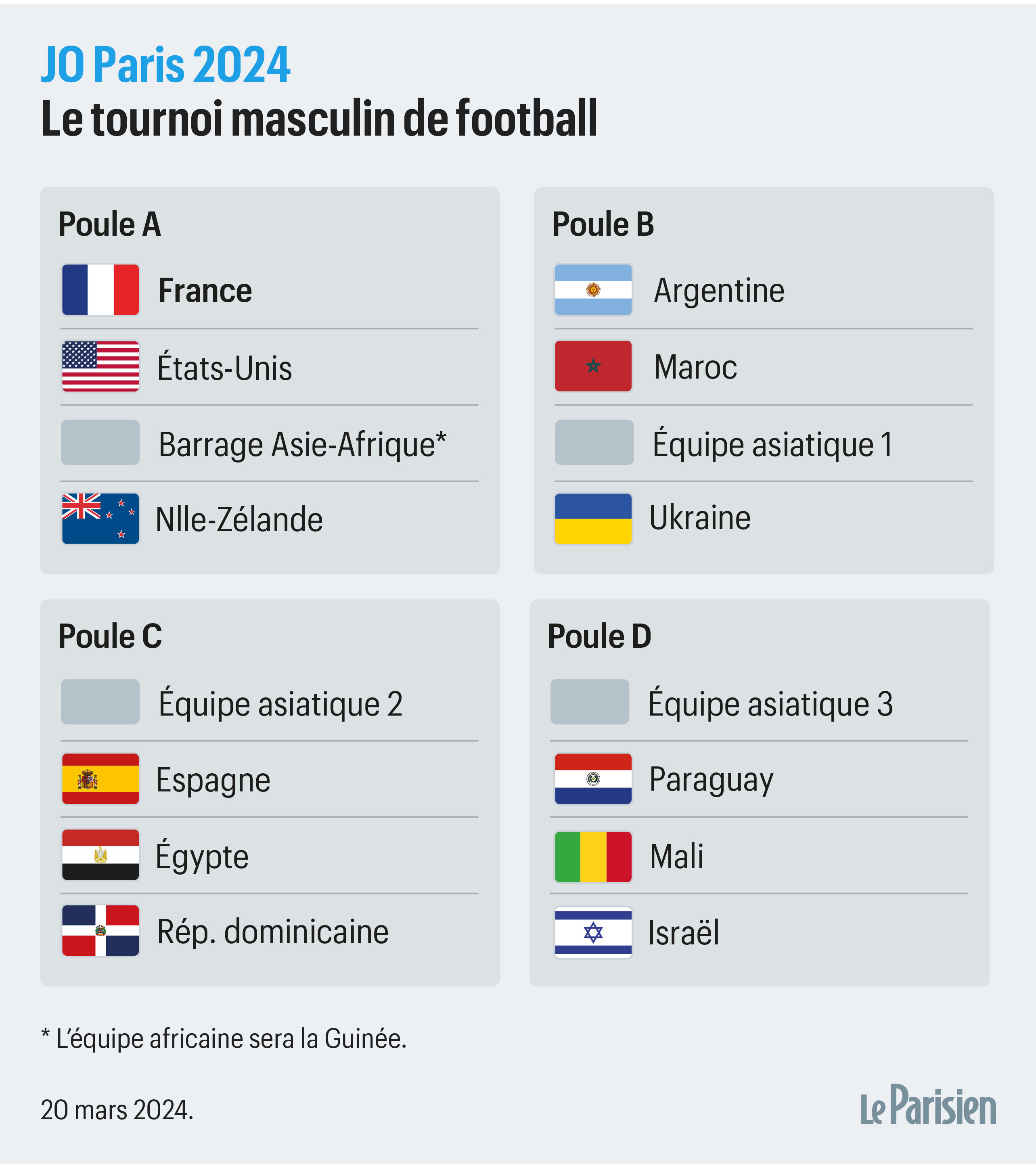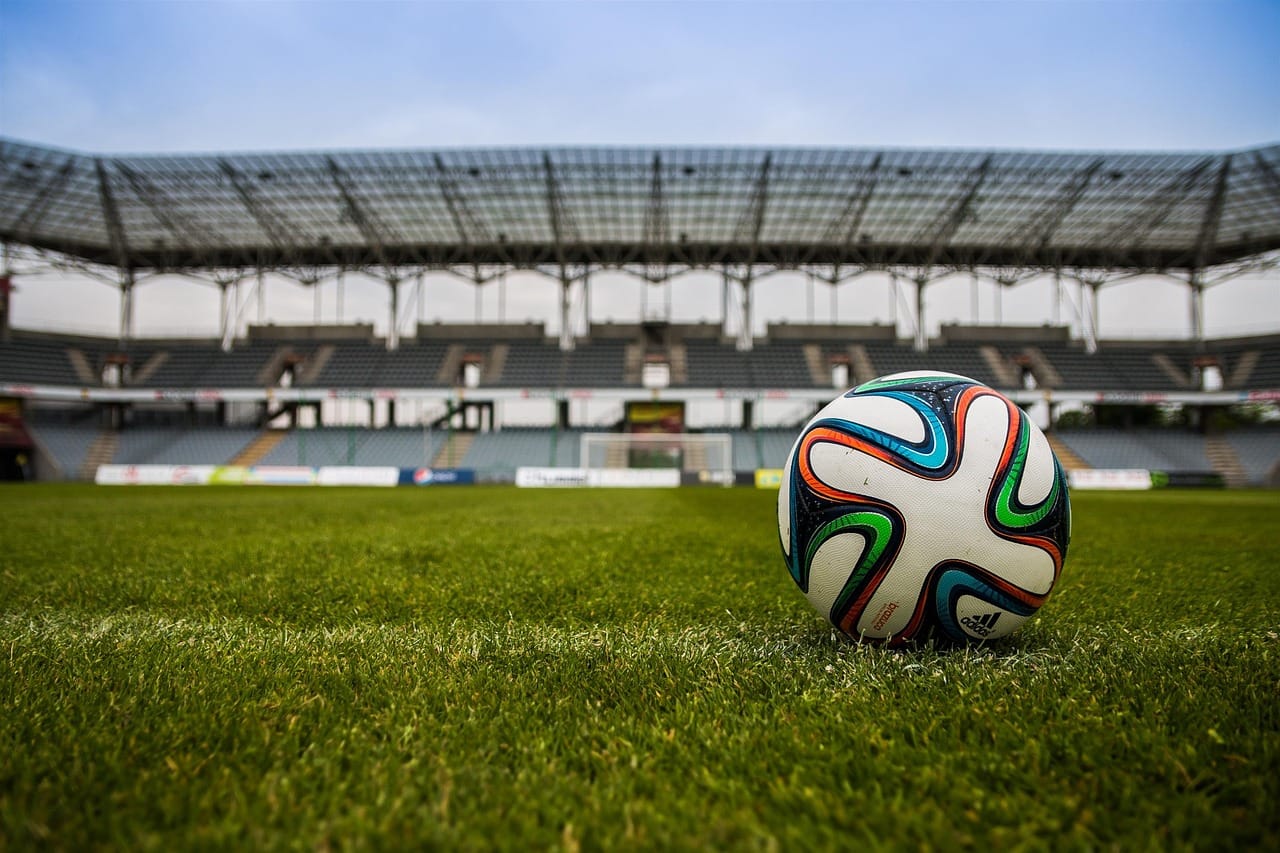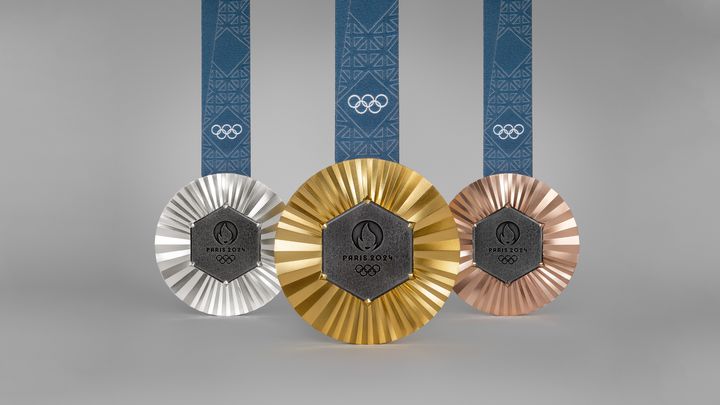


Football at the Olympic Games is an international tournament that has been part of the Olympic Games since 1900 for the men and 1996 for the women. It brings together national teams to compete in unique formats, including age restrictions for men.
Olympic football is a much-anticipated event, not least because of its international nature and the excitement it generates around the world. Although it is not as prestigious as the World Cup, it is a great opportunity for young talent to shine on the world stage.

For the men, only U23 (under 23) teams are allowed, with three older players. For women, there is no age restriction, making the Olympic Games a prestigious event comparable to the World Cup.
This format encourages the emergence of young players, giving them the chance to showcase their talent on the international stage before the major competitions. In addition, by allowing experienced players to join the team, the tournament becomes a blend of youth and experience, creating a unique dynamic.

Initially dominated by European and South American nations, the tournament has seen the emergence of teams from other continents. On the women's side, it serves as a showcase for women's football on a global scale.
Over the years, the Olympic Games have enabled African and Asian countries to make their mark on world football. For example, Nigeria won gold in 1996, and Japan shone in 2021. For women, the Games have played a key role in raising the profile of women's football, paving the way for more competitions and developments on a global scale.

Teams qualify via their continental championships (UEFA, CONMEBOL, CAF, etc.). The Olympic Games host a limited number of nations (generally 16 men and 12 women).
The qualification phases are a difficult journey for the teams, as each continent has its own criteria and tournaments for selecting the best representatives. As a result, each qualifying team had to overcome fierce competition, making the Olympics even more competitive.

The tournament is divided into a group phase followed by direct elimination. Matches are played according to standard football rules, with extra time and penalties in the event of a tie.
This ensures that the teams who manage to qualify for the knockout stages have truly earned their place. Group matches are crucial because they determine not only access to the next phase, but also the final standings, which can influence future matches.

Winning an Olympic medal is a unique honour, especially for young players. Legends like Lionel Messi (2008) and Brazil (2016, 2021) have made Olympic history.
An Olympic gold medal is a dream for many footballers, not least because it represents a career achievement. For young players, it's an ideal showcase for making a name for themselves on the international stage. Olympic performances can, for example, pave the way for careers at top clubs or become memorable moments in the history of sport.
What's more, the prestige of an Olympic victory goes beyond football, uniting nations around a sense of collective pride. These successes often nurture a local sporting culture, inspiring future generations to follow in the footsteps of their heroes.